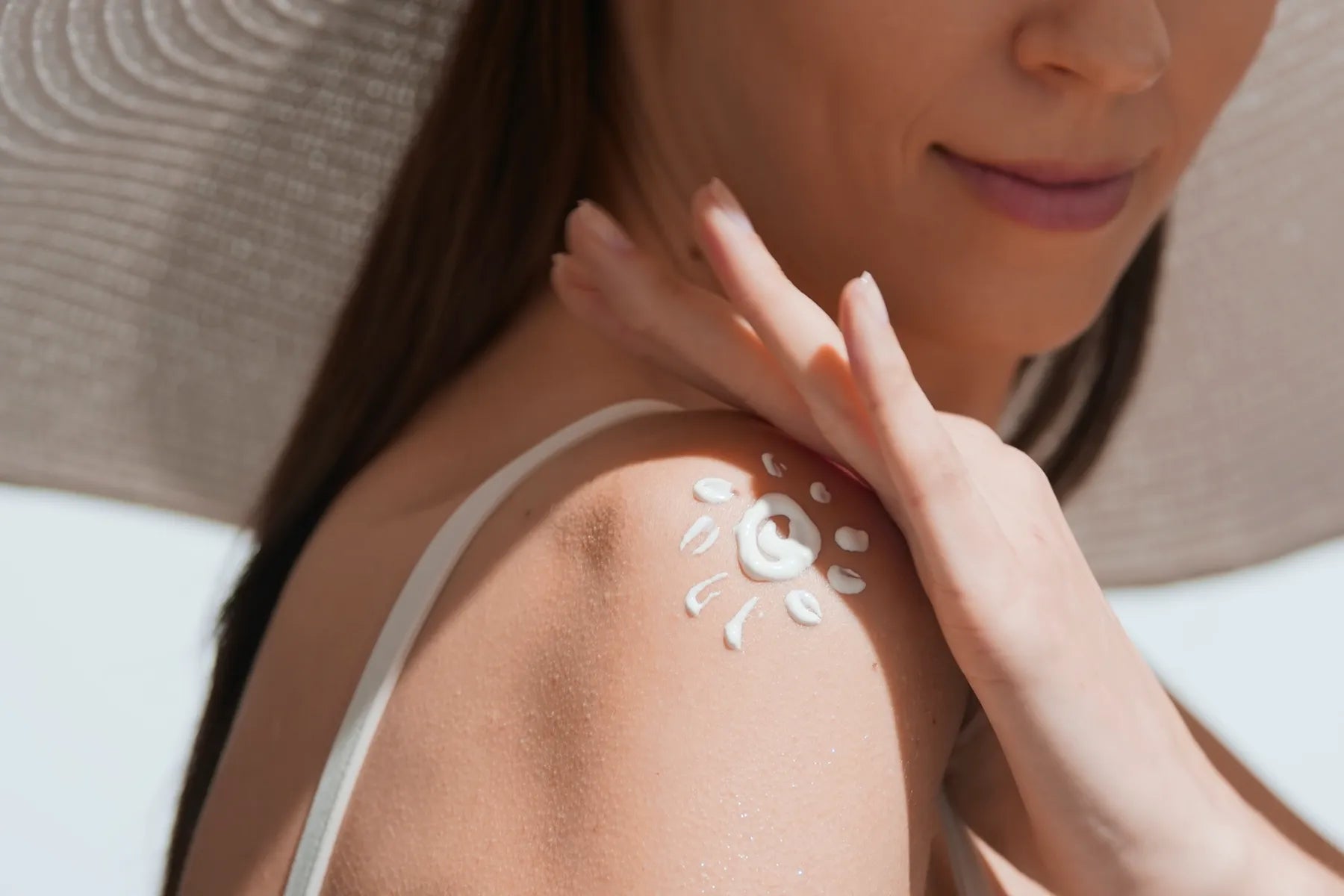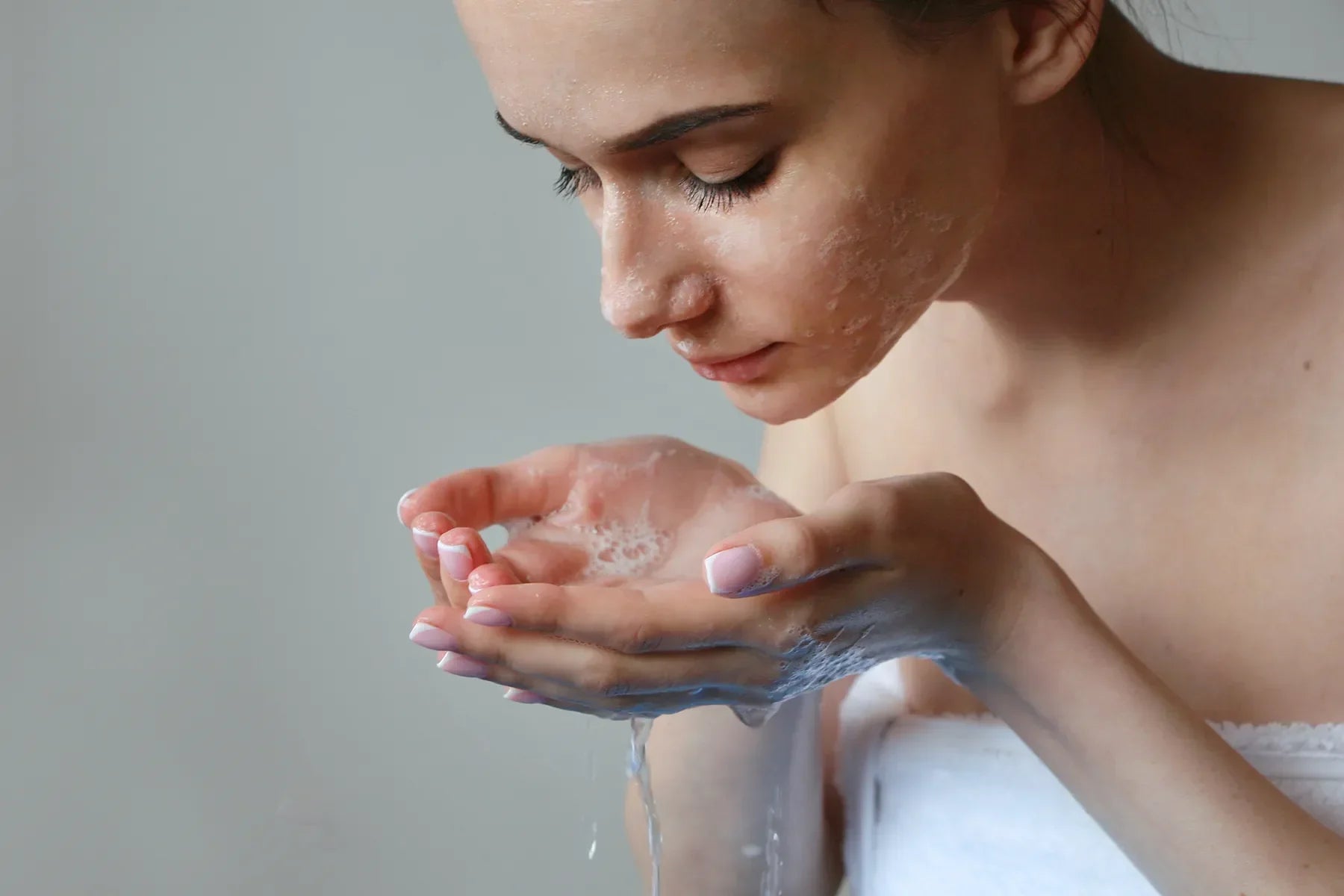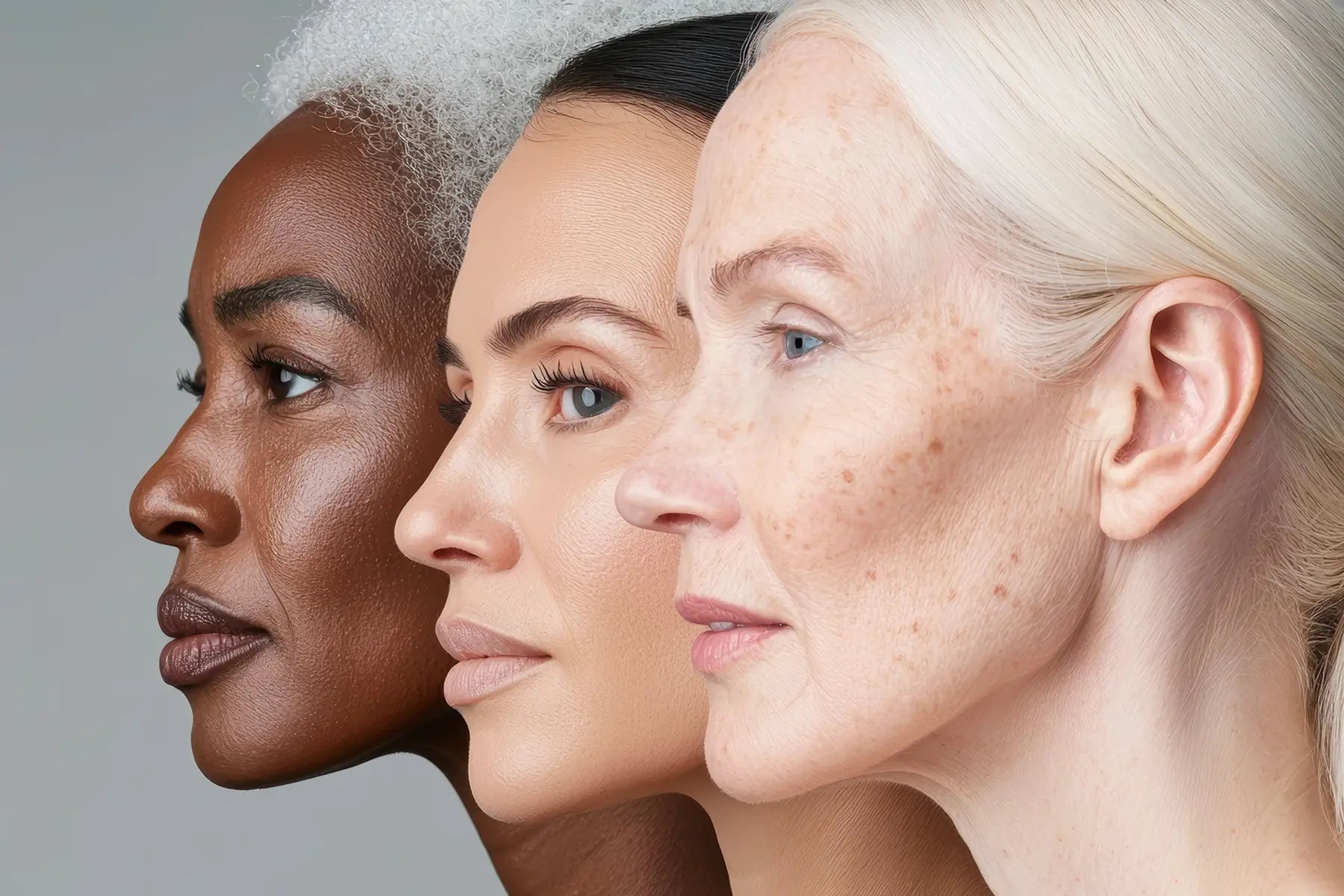If there’s one thing you can trust, it’s the expiration date on your sunscreen, thanks to the TGA. When you register a sunscreen in Australia, the TGA sets the expiration date for the product. The date is based on the longevity of the chemical and/or mineral ingredients that have been included to protect you from the sun. They have been tested to full longevity to determine how long before they break down and are no longer effective at the SPF range they have been marketed or branded at. It’s simply a matter of safety. In a pinch, you can use a product past its expiration date, but in general and for your safety, you should throw away expired sunscreen.
–––––––––––––
You know the importance of sunscreen. It’s the hero that protects you from sunburn, premature ageing, and even skin cancer. But here's a sun-sational shocker: sunscreen can expire! Just like that forgotten yogurt container at the back of the fridge, sunscreen loses its effectiveness over time.
This might leave you wondering: why does my sun protection need a refresh? And more importantly, how can I be a sun-savvy consumer and keep my skin safe?
Great questions! Luckily, Australians have an extra layer of sun safety, thanks to the Therapeutic Goods Administration (TGA).
How the TGA Watches Out for Your Skin
The TGA is the government agency responsible for regulating sunscreens and other therapeutic goods in Australia. Here's how they help keep you safe:
- Setting the Standard: The TGA has strict guidelines for sunscreen ingredients, ensuring they are safe and effective for sun protection. They also establish labelling requirements, so you can easily find information about the SPF rating, broad-spectrum protection, and expiry date on the bottle.
- Testing, Testing: Sunscreens in Australia must undergo rigorous testing before they can be sold. The TGA ensures the advertised SPF rating is accurate and the product provides broad-spectrum protection against both UVA and UVB rays.
- Safety First: The TGA continuously monitors sunscreen safety and effectiveness. They can take action against companies that provide products that don't meet their standards, giving you peace of mind when choosing a sunscreen in Australia.
3 Reasons Good Sunscreens Go Bad
Imagine your sunscreen as an army of tiny shields, valiantly deflecting UV rays. Unfortunately, these shields aren't invincible. Several sneaky villains can weaken their defences, leaving your skin vulnerable:
- Time: Even unopened bottles of sunscreen have a built-in shelf life, typically around 3 years. The active ingredients, like oxybenzone or avobenzone, start to break down, making them less effective at blocking UV rays. It's like your sunscreen army getting tired after years of fighting sun battles!
- Heat: Leaving your sunscreen baking in the glove compartment or scorching poolside is a recipe for disaster. High temperatures can accelerate the breakdown of the active ingredients, rendering them less protective. Basically, your sunscreen gets a sunburn from the sun itself!
- Sunlight: Storing sunscreen in direct sunlight weakens its effectiveness. Think of it as the sun giving your sunscreen a double whammy – damaging both the formula and its ability to protect you from the sun's rays.
Detecting Expired Sun Protection
How can you tell if your trusty sunscreen needs a trip to the bin? Here's your detective kit to uncover expired sun protection:
- Date: This is your first line of defence. Look for the expiry date stamped on the bottle. Don't be a sunscreen slacker! If it's past its prime, replace it with a fresh bottle to ensure maximum protection.
- Colour and Smell: Has your sunscreen changed colour or developed a funky odour? These are signs it's time to say goodbye. Fresh sunscreen should have a pleasant or neutral smell and a consistent colour.
- Texture: If your sunscreen feels clumpy or separated, it's not working at its best. A smooth, easy-to-spread consistency is ideal. If yours feels off, toss it and grab a new bottle.
Be a Sunscreen Superhero at Home
Now that you're armed with knowledge about sunscreen expiry and the TGA's role in sun protection, here's how to be a sunscreen superhero:
- Store it Right: Keep your sunscreen in a cool, dry place away from direct sunlight and heat. Think of a cupboard or drawer in your bathroom – not the beach bag baking in the sun!
- Apply Liberally: Don't be stingy with your sunscreen! Apply enough to generously cover all exposed skin, paying attention to often-missed areas like your ears, neck, and the tops of your feet.
- Reapply Often: Sunscreen's effectiveness diminishes over time, especially after swimming, sweating, or towelling off. Make reapplication a habit, every two hours or more frequently if you're sweating or swimming.
- Choose Broad-Spectrum Protection: Look for sunscreens labelled broad spectrum to ensure they protect against both UVA and UVB rays. UVA rays penetrate deeper into the skin and contribute to premature ageing and skin cancer.
Austin Skin has a variety of effective sunscreens for you to choose from. Many customers like Ultra Protect SPF50+ Sunscreen Lotion. Our lotion’s four-hour, water-resistant sunscreen protects skin from UVA and UVB damage while also keeping it hydrated with nourishing Vitamin E and Aloe Vera.







